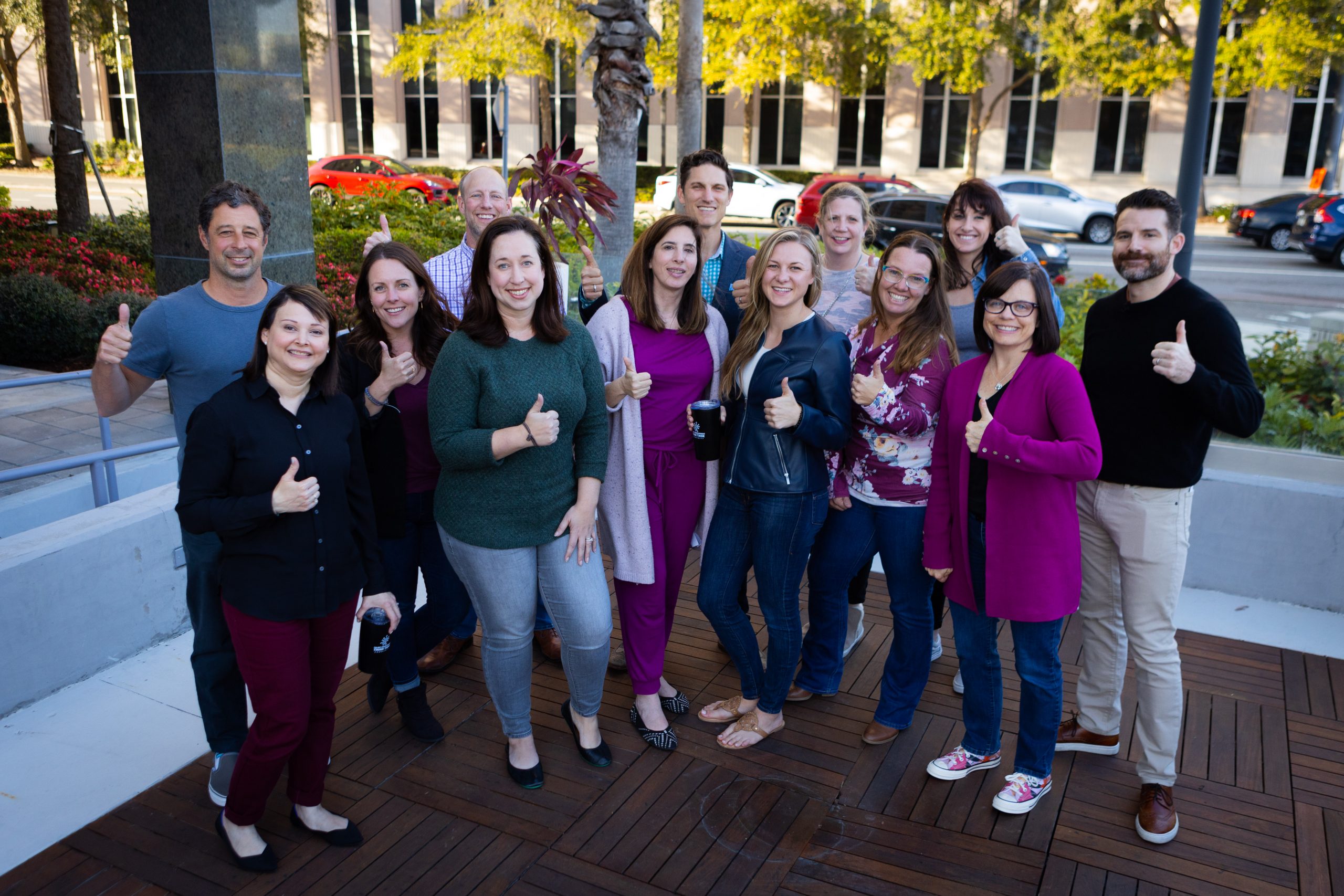Revamping Performance Management and Career Development at UC Berkeley with Dr. Angela Stopper
Are you struggling with your organization's performance management process and not sure where to begin? In this post, we'll dive deep into exactly how Angela Stopper, Director of Career Development and Organization Relations at the University of California, Berkeley, helped revamp her organization's performance management process by creating a more inclusive culture and fostering innovation.
1. Assess current performance management system
An outdated or ineffective system might lead to demotivated employees who feel their efforts are not adequately recognized or rewarded. By adopting a more modern and agile approach that aligns with the company's values and strategic goals, you can demonstrate that the organization is listening to employee concerns and taking action to address them.
A regular assessment of your performance management system can ensure that it remains relevant and aligned with the ever-changing business landscape. For instance, as companies increasingly adopt remote work arrangements or flexible schedules, performance management systems might need to evaluate employee performance based on outcomes and results rather than the traditional focus on hours spent working. By staying ahead of these trends and continually assessing and updating your performance management system, you contribute to a more resilient organization that is capable of adapting to change and fostering sustained growth.
2. Develop a clear professional development statement
Building a successful professional development statement begins with understanding the needs and aspirations of your employees. This requires soliciting feedback through informal conversations, surveys, and performance reviews to identify the skills and competencies your employees believe are essential for their career growth. By understanding the unique needs of your workforce, you can tailor your professional development statement to provide opportunities that align with their goals, making it more engaging and effective.
It's also crucial to ensure that the programs and resources offered are accessible and inclusive to all employees, regardless of their position, role, or experience level. This encourages a culture where growth and development opportunities are viewed as being equally important for everyone in the organization.
3. Integrate development into policies and job descriptions
Incorporating development into policies and job descriptions can also help you identify skill gaps and address them more effectively. In a rapidly changing business environment, it is essential for organizations to adapt and evolve their workforce's skill sets to meet the demands of new technologies, industry trends, and regulatory changes. By emphasizing professional development as an essential part of the performance management process, organizations have a more proactive approach to identifying employee skill gaps or areas of improvement, and they can subsequently provide targeted, individualized learning opportunities to help employees develop the necessary skills to fulfill their roles effectively.
Integrating development into policies and job descriptions also fosters better communication and collaboration between employees and their managers. With a strong focus on personal and professional growth, performance conversations become more constructive, leading to a more meaningful dialogue around employee objectives, expectations, and aspirations. Managers can play an active role in an employee's growth journey by providing regular coaching, feedback, and support, resulting in a more effective partnership between the employee and their manager. This relationship serves as the foundation for a high-performing team, which, when replicated across the organization, translates into improved employee performance and overall organizational success.
4. Shift from annual reviews to continuous feedback
One of the main benefits of continuous feedback is its ability to create a more agile workforce. In today's fast-paced business environment, organizations need to adapt quickly to changes in the market, technology, and customer preferences. Annual reviews cannot provide the timely feedback that employees need to adjust their strategies, skills, and priorities in real-time.
By implementing a continuous feedback model, managers can address performance gaps more promptly, identify learning opportunities, and make data-driven decisions for employee development. This in turn allows the organization as a whole to be more responsive to industry shifts and maintain a competitive edge.
Employees are more likely to remain engaged and committed to their work when they feel they are being supported, heard, and encouraged to grow professionally. In a continuous feedback model, employees receive constructive and timely feedback that helps them understand their strengths and areas of improvement, making them more aware of their progress and the impact of their work.
5. Incorporate employee-driven goal setting processes
Employee-driven goal setting processes provide a platform for employees to develop their skills and expertise in a manner that best aligns with their interests and strengths. When employees are given the opportunity to set their own goals, they can create personalized growth plans that cater to their unique skill sets and career aspirations.
By supporting and facilitating employee growth in areas of individual interest, organizations not only boost morale and productivity but also tap into diverse skill sets and perspectives that can drive innovation and business performance.
6. Create a culture of trust and mutual success
In order to create a culture of trust and mutual success, you must lead the way by promoting transparency and open communication at all levels of the organization. This can be achieved by facilitating regular check-ins and open forums where employees can share their thoughts, concerns, and ideas without fear of retribution.
Encouraging these open lines of communication not only empowers employees to take an active role in contributing to the organization's success, but it also enables management to stay attuned to employee needs and make adjustments accordingly.
Additionally, leaders can strengthen trust by demonstrating a commitment to equitable treatment, offering fair opportunities for growth, and recognizing employee achievements on both individual and team levels. Another vital aspect of fostering a culture of trust and mutual success is cultivating a growth mindset in employees. This entails placing an emphasis on learning and development, rather than just focusing on performance outcomes.
7. Ensure inclusivity in performance management practices
One practical approach to ensure inclusivity in performance management practices is to provide training and resources to managers and supervisors on how to effectively manage a diverse workforce. This includes understanding unconscious biases, stereotypes, and cultural differences that could impact their evaluations and decision-making in performance management. Regular workshops, seminars, and online modules could be introduced that focus on developing empathy, active listening, and culturally competent communication skills among managers.
By investing in the education and training of leaders, organizations can ensure that they are equipped to handle the unique challenges that come with leading a diverse team while promoting an inclusive work environment.
8. Encourage innovation and risk-taking among employees
To effectively encourage innovation and risk-taking within an organization, leaders must first lead by example. This can involve openly sharing their own experiences with risks taken and the lessons learned, as well as highlighting successful examples of calculated risk-taking within the company. Demonstrating vulnerability and embracing calculated risks can inspire employees to step out of their comfort zones and take chances that could benefit the organization.
Additionally, leaders should emphasize the importance of learning from failures and celebrating success when risks pay off. This approach can foster an environment of continuous learning and growth, where employees feel supported and empowered to take chances that could lead to innovation and progress. Implementing methods to recognize and reward innovation and risk-taking is another important step. Establishing formal recognition programs or incorporating innovation-focused goals into the performance management system can send a strong message to employees that taking calculated risks is valued and expected.
Angela Stopper is the Chief Learning Officer at UC Berkeley, where she leads the team responsible for campus-wide workforce education programs, career and professional development initiatives, and organization development and change management consulting services. With a background in Marketing and International Business, Angela was drawn to learning and development through her work in Executive Education, helping some of the world's top companies. Angela's passion for coaching and advising executives, combined with her expertise in learning and organizational development, has made her a sought-after global thought leader in strategic workforce planning.

Listen to the podcast episode here:
Join us in the Think Tank Community!
The Talent Development Think Tank Community is where talent development professionals come together to share best practices, discover the latest trends, hear from experts and solve challenges so that they can perform better in their jobs and help their companies develop their people more effectively. If you are looking for new ways to engage and develop your people and accelerate your career success, this is the place for you. We have two levels to accommodate the different phases of where you are in your talent development career and journey.

